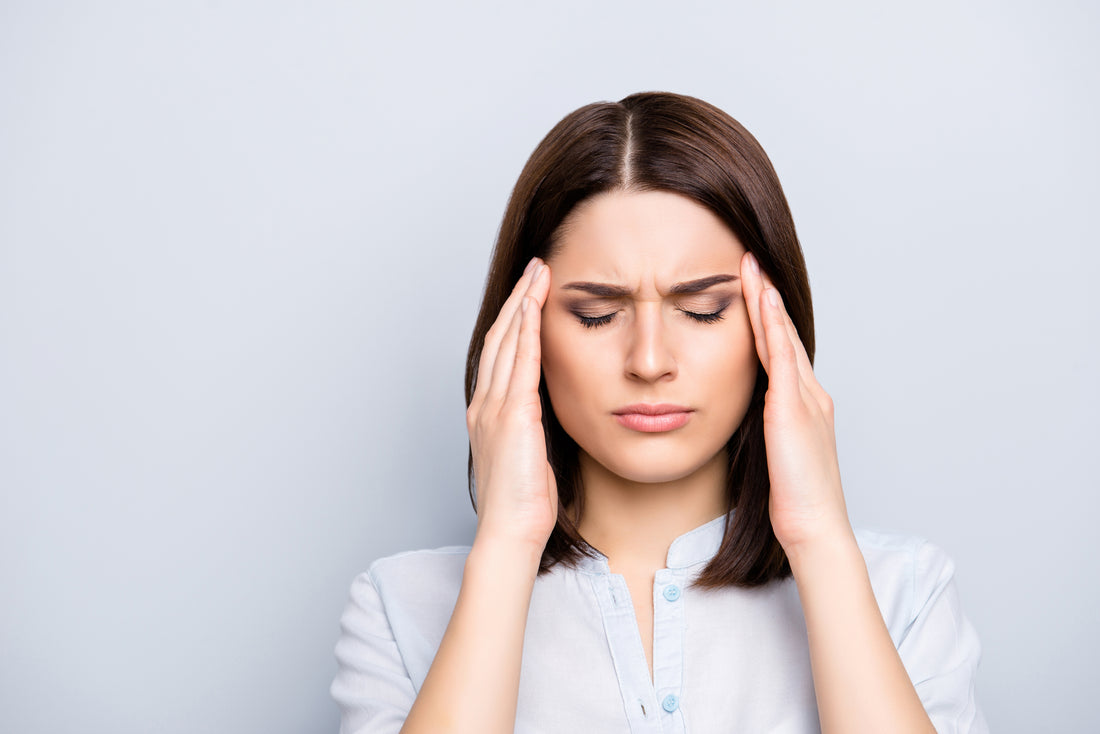
Adjustment Disorder
Dr. Linda Hancock![]() A few years ago I was in Seattle and was surprised to learn that the Hiram M. Chittenden Locks which were built in 1911 are second largest in size after the Panama Cannel. These nicknamed "Ballard Locks" provide a link for boats travelling between the salt water of Puget Sound and the fresh water of the Ship Canal that connects eastward to Lake Union and Lake Washington.
A few years ago I was in Seattle and was surprised to learn that the Hiram M. Chittenden Locks which were built in 1911 are second largest in size after the Panama Cannel. These nicknamed "Ballard Locks" provide a link for boats travelling between the salt water of Puget Sound and the fresh water of the Ship Canal that connects eastward to Lake Union and Lake Washington.
Tourists and locals can descend steps in order to watch salmon pass between fresh and salt water through glass panels situated below the water line.
I was curious about the way that the fish would jump from one step of the fish ladder to the next and then stop while shaking rather violently. I asked the Interpreter what was happening and he explained that the fish were in stress and couldn't jump to the next level until they had opportunity to adjust.
Life can be like that.
Sometimes changes happen that cause us to experience emotional or behavioural distress and significant impairment in our social or occupational functioning. Adjustment Disorders are diagnosed when we can identify the stressor that led to this and experience symptoms within three months of its occurrence. The good news is that once the stressor has passed we will likely not experience the symptoms for more than six months.
The stressors are usually of a serious, unusual nature and can include divorce, financial conflict, moving, academic or work problems, sexuality issues, or any other major life event that is difficult for an individual to cope with or adjust to. The stressor may not seem be a problem for every person who experiences it. The reaction a person has to the stressor can cause significant problems which are determined by the amount of trauma that s/he has previously had in life and the number of skills that have been developed.
Adjustment Disorders can be accompanied by depressed mood, anxiety, mixed anxiety and depression, disturbance of conduct or mixed disturbance of emotions and conduct.
There is treatment for Adjustment Disorders including medications and therapy but self-care is also a very important part of healing.
Following are some suggestions to help you cope with Adjustment Disorders:
1. Admit to yourself that you are struggling.
2. Make sure you get enough rest and eat regular nutritional meals.
3. Have a positive attitude knowing that "This too shall pass".
4. Talk with your physician about medication options.
5. Seek the help of a psychologist who can help you to deal with the situation in a healthy manner.
There really isn't any reason for you to have to withdraw, suffer in silence or delay the recovery that is open to you in the near future.
Change is a very natural part of life but sometimes, like the salmon mentioned who are attempting to move from one situation to another, we need to stop, rest and shake off our problems. Once we have done this, we will be able to jump to the next level.
